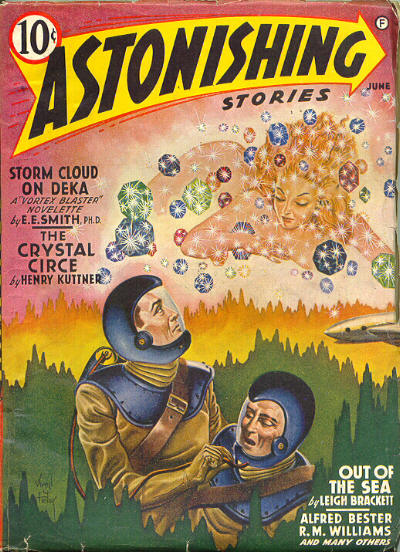dask
dark and stormy knight
Glad you revived it. I finished the April 1950 issue of Amazing Stories but haven't got around to organizing my thoughts yet. All stories good with a couple of really good ones.
Reading H.P. Lovecraft's essay "Supernatural Horror In Literature." Not a story, I know, but I'm reading it in his THE COMPLETE FICTION collection. That counts, doesn't it?
Reading H.P. Lovecraft's essay "Supernatural Horror In Literature." Not a story, I know, but I'm reading it in his THE COMPLETE FICTION collection. That counts, doesn't it?



